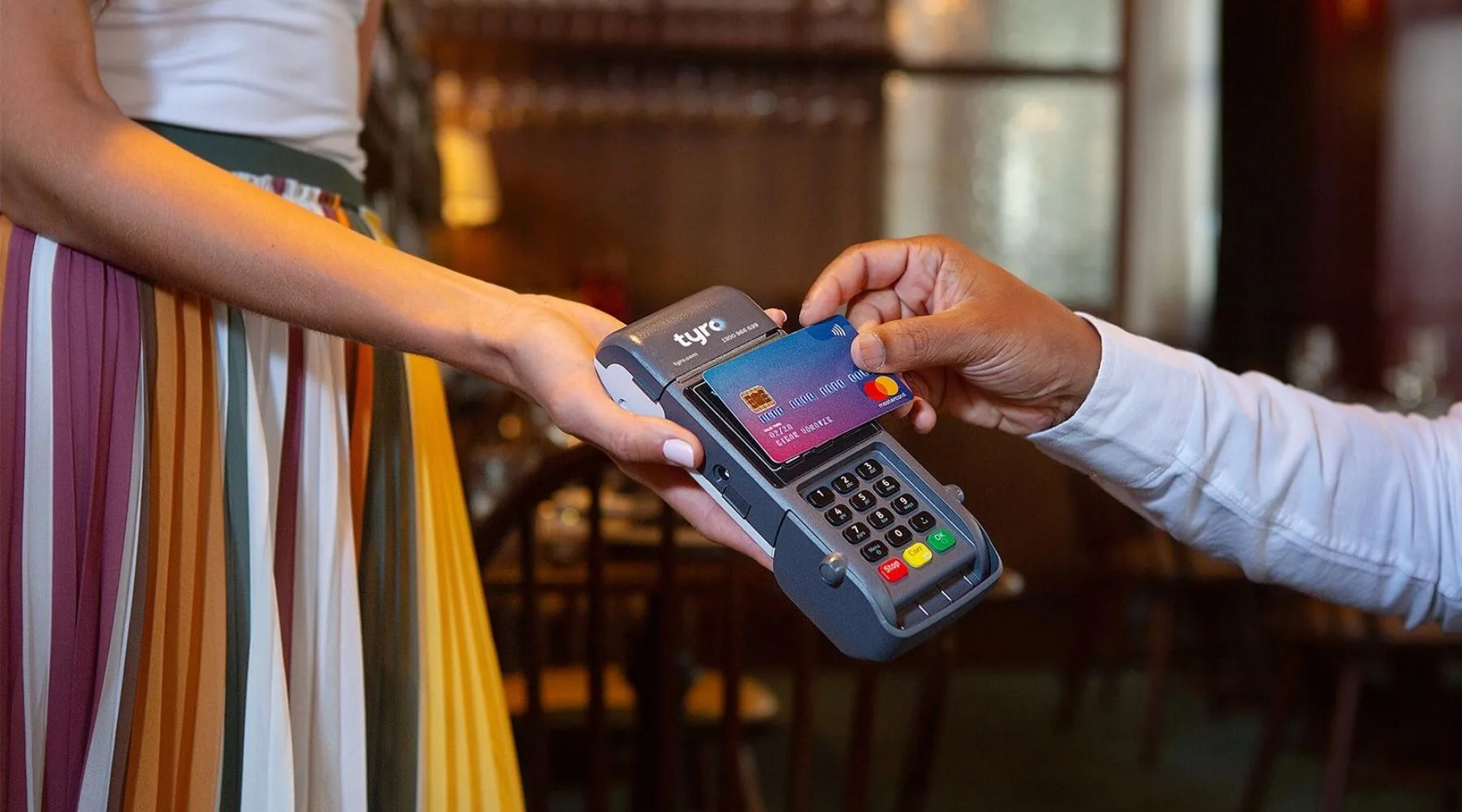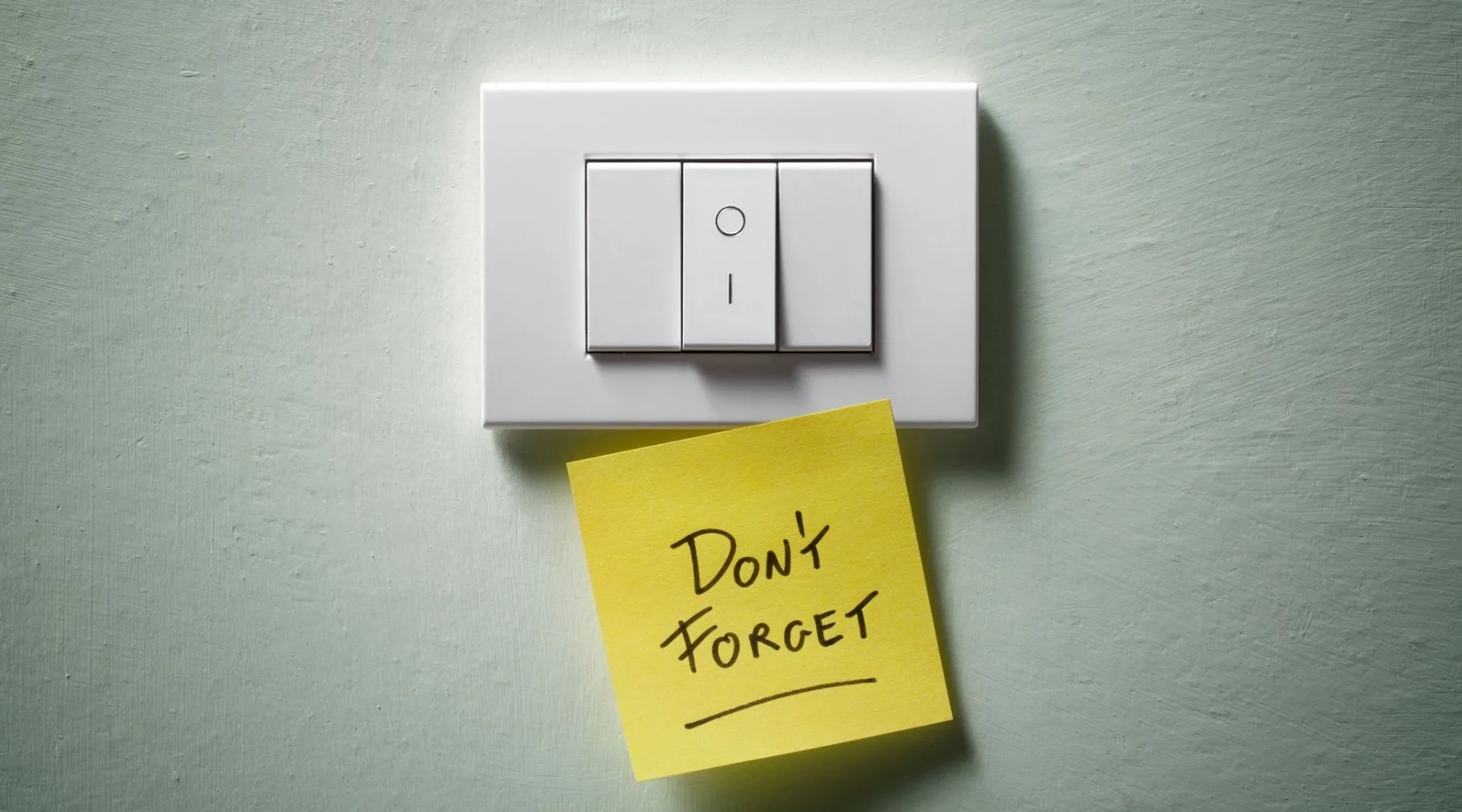5 easy ways to cut costs in your small business

These simple changes can help you reduce outgoings, without compromising on quality. You're welcome.
Small businesses run on tight margins, that's a given. But there are lots of opportunities for cutting costs, without cutting corners. Don't believe me?
Check out these super simple changes that could save your small business money. The best bit? They don't require any huge operational changes or major upfront expenses.
1. Change your EFTPOS
Have you ever given much thought to the EFTPOS machine your business uses? Or did you just stick with the one your bank offered?
Well, believe it or not, the EFTPOS world is actually a pretty competitive one and you might be able to find a more affordable provider, or one with better auxiliary benefits.
Aaron Babb, director of Aevum Physiotherapy, found this out about 8 years ago when he switched EFTPOS providers, opting for Australian business and payments platform Tyro.
"As soon as we made the switch, I don't think we've ever looked back," said Aaron. "The rates that they charged were really fair, and they're actually cheaper than what our previous merchant was offering."
Despite the drop in price, Aaron said it was the integration that was the shining star and has helped the business save time as well as money.
"There's less stuff that we need to do on the back end because Tyro integrates beautifully with Xero and it also integrates beautifully with our practice management software."

2. Switch utilities
Using the SME Retail Tariff Tracker Project report from May 2021, we looked at prices for a NSW-based SME on a single-rate tariff, using 20,000kWh annually.
Prices, which included conditional discounts, ranged from $4,252 all the way up to $7,236. That's a lot of money potentially saved just by switching providers.
We also used the government's Energy Made Easy site to compare gas prices for a NSW business using an estimated 30,000MJ over the course of a year. Prices came back starting from $790 all the way up to $1,290 a year.
Switching plans isn't the only way you could score a cheaper deal though. According to guidelines published by the NSW Small Business Commissioner, businesses may also be able to access discounts for paying on time, opening a dual fuel account or paying by direct debit. So don't be afraid to ask your supplier if you can get some money knocked off!

3. Compare insurance
Just like utilities, comparing business insurance providers might land you with a more affordable policy. Just remember, not all business insurance is created equal so you want to make sure you have an adequate level of cover for your own situation.
You may also want to consider talking to a business insurance broker. It won't cost you a cent to get advice from a broker (they're paid by the insurance companies) and they might be able to give you advice on a better policy or find a more affordable deal for you.

4. Collect reward points
If you have a business credit or charge card, consider using one which allows you to collect points on your everyday business spend. This way you might actually be able to get more for your money.
For example, let's say you earn reward points on everyday spend and can redeem those points for flights, hotel stays, tech gadgets or gift cards.
Those rewards can be used to offset business expenses. You can use them to treat clients, reward employees or upgrade business equipment. All thanks to money you would have spent anyway.
Of course, keep a close eye on annual fees and make sure to pay your balance off on time every month, or you might be hit with interest.

5. Try business swaps
Look for other businesses that may be able to offer a mutually beneficial service or product swap. Let's say you run a business consultancy. You may be able to offer free or discounted services in exchange for something your business is in need of.
Maybe you can offer to give business coaching to a counsellor who is setting up their own practice, in exchange for discounted therapy sessions for employees.
Or maybe you need a new logo designed so you provide business coaching to an up-and-coming graphic designer.

